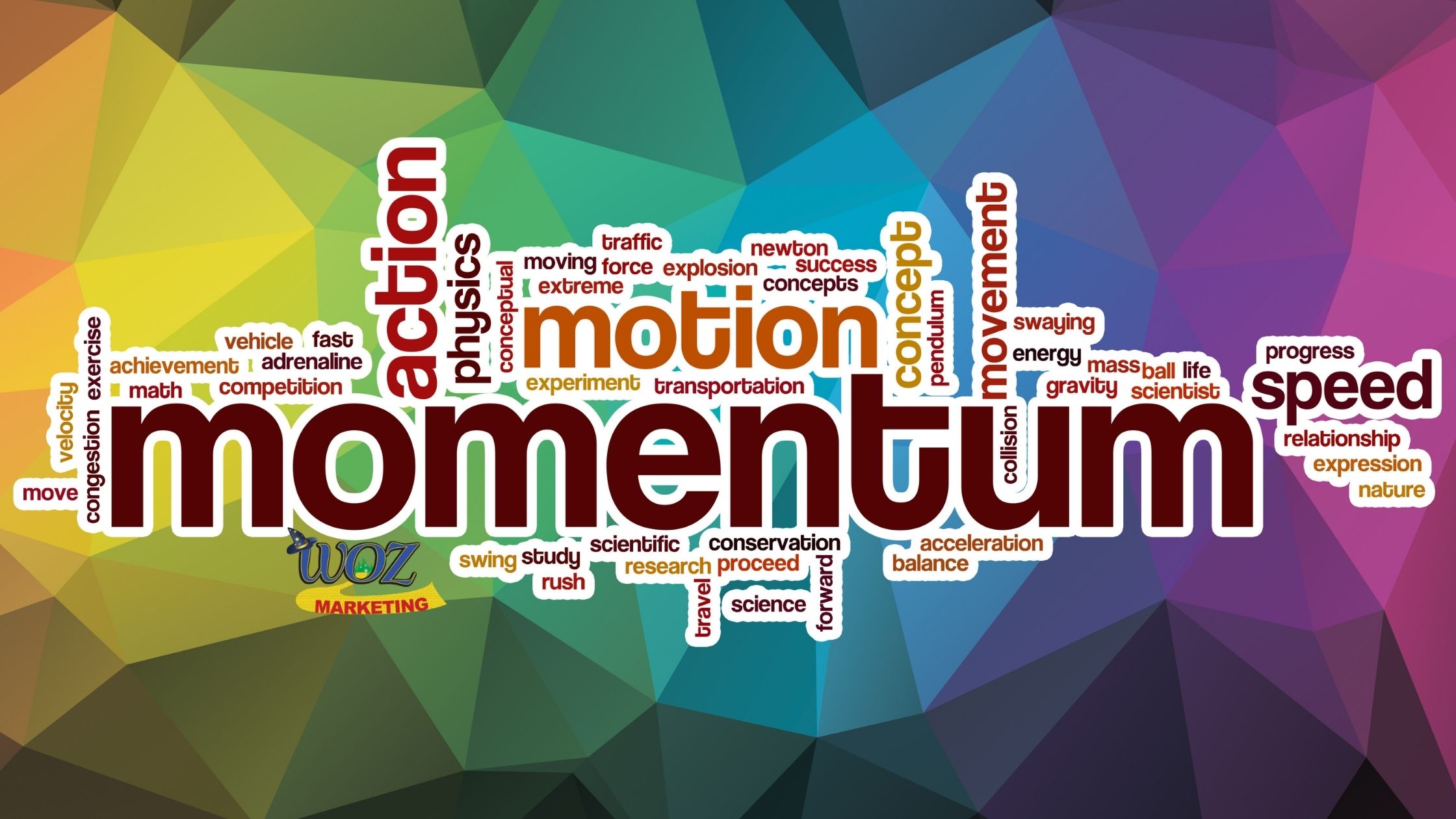In a world where technology often feels impersonal, Victoria Abiola-Ajayi, the Group Managing Director/CEO of TVC Communications, is leading a crucial shift. She uses AI to bring emotion, authenticity, and human connection back into branding.
As messages start to blur and consumer loyalty becomes harder to earn, she believes brands must do more than just communicate; they must connect. With AI redefining personalization, she highlights how technology is no longer just optimizing campaigns, but humanizing them—turning data into emotion and reach into real relationships.
The Future of Brand Connection: Emotion, Data, and Intelligent Personalization
Speaking at the 2025 Brand Experience Summit, hosted by the Experiential Marketers Association of Nigeria (EXMAN) in Lagos, Ajayi challenged marketing leaders to go beyond surface-level interactions. Her message was clear: “In a world of endless noise, emotional resonance is the only true differentiator, and AI makes it scalable.”
Moving From Mass Marketing to Mass Intimacy
Rather than relying on generic campaigns, Ajayi advocated for what she called “mass intimacy”—a powerful concept made possible by AI. This refers to the ability to make millions of customers feel individually seen, understood, and emotionally connected to a brand.
She explained that today’s consumer expects more than a product pitch; they crave relevance and connection. “Personalization,” she noted, “is no longer a luxury; it’s the new baseline.”
How AI Bridges the Gap Between Insight and Emotion
Ajayi emphasized that AI is not just a tool for automation, but a force for deeper engagement. Through machine learning and data analysis, AI can build rich consumer profiles by examining behavior, location, preferences, and even emotional triggers.
“This isn’t about throwing content at people and hoping it sticks,” she said. “It’s about anticipating what they need, how they feel, and delivering something meaningful at exactly the right time.”
Industry Case Studies: Innovation in Action
Citing real-world applications, Ajayi pointed to TVC Communications’ introduction of Nigeria’s first AI-powered multilingual news anchors. With support for languages such as Yoruba, Hausa, Igbo, Pidgin, and English, this initiative has not only expanded audience reach but deepened viewer engagement through cultural relevance.
She also spotlighted Spotify’s popular “Wrapped” campaign, where users receive personalized reports of their most-played songs, artists, and genres. “That annual drop is anticipated like a festival,” she said. “Because it’s personal. It reflects the listener’s story.”
Another example came from YouTube’s contextual AI advertising, which tailors ad placement based on viewer engagement points within videos. Ajayi noted that this strategy leads to stronger message retention and more meaningful interactions between brands and users.
From Data to Delight: Why It Matters Now
With consumers becoming more selective about where they spend their time and attention, Ajayi believes that brands can no longer afford to be vague. AI, she said, holds the key to “precision storytelling” at scale—a way to combine data intelligence with emotional depth.
“Today, one swipe can make or break a brand’s connection with its audience. The stakes are high, but so is the potential,” she added.
Final Word: AI Is the Great Equalizer
Ajayi closed her talk with a bold declaration: “AI is no longer the future. It’s the force driving personalization, empathy, and loyalty today. It’s what turns a product into an experience, and a customer into an advocate.”
ALSO WATCH MARKETING EDGE ONTV






Comment
No comments found.